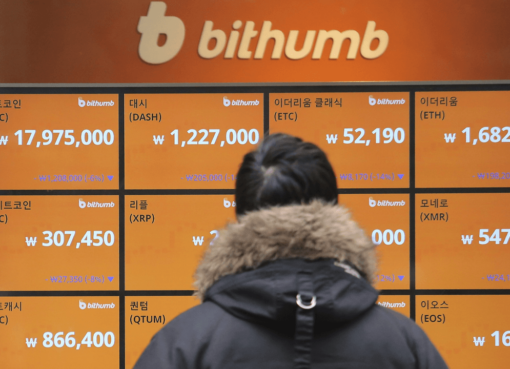Chainalysis announced the extension of its cooperation with South Korean crypto exchange Upbit today, aiming to provide blockchain analysis support across the Asia-Pacific region (APAC).
According to the announcement, Upbit APAC will start using Chainalysis KYT (Know-Your-Transaction) to provide a safe trading environment and comply with the established procedures in the region’s different countries.
As South Korea’s regulation oversees Upbit Korea’s operations, the crypto exchange hopes to become ever more compliant.
Strengthening regulatory compliance
Chainalysis KYT is a crypto anti-money laundering (AML) product with over 275 clients in 40 countries. It monitors transactions in real-time and detects suspicious activity that might be related to crime.
Beyond enhanced South Korean compliance, Upbit’s partnership with Chainalysis positions itself ahead of the regulatory frameworks for countries like Thailand, Indonesia, and Singapore, where it hopes to expand its business, according to Upbit.
Jason Bonds, chief revenue officer at Chainalysis, issued the following comment on the matter:
“As digital asset and cryptocurrency use in Asia Pacific continues to grow, incorporating proper AML and KYC requirements is a vital step for all cryptocurrency exchanges in the region.”
Upbit’s plans for expansion in the APAC region
Upbit also hopes to comply with the impending enforcement of guidelines from the Financial Action Task Force (FATF). Alex Kim, CEO of Upbit APAC, praised the partnership’s extension and commented:
“As more and more markets around the world adopt new regulations, it was vital for us to find a compliance partner that could work with us as we expand our digital asset business to new markets.”
The news comes after Cointelegraph reported in February that Upbit announced the continuous ban on foreign users withdrawing their funds due to tax and Know-Your-Customer (KYC) issues.
The exchange cited KYC rules and the Korean cryptocurrency tax as the two main reasons behind the restriction.




